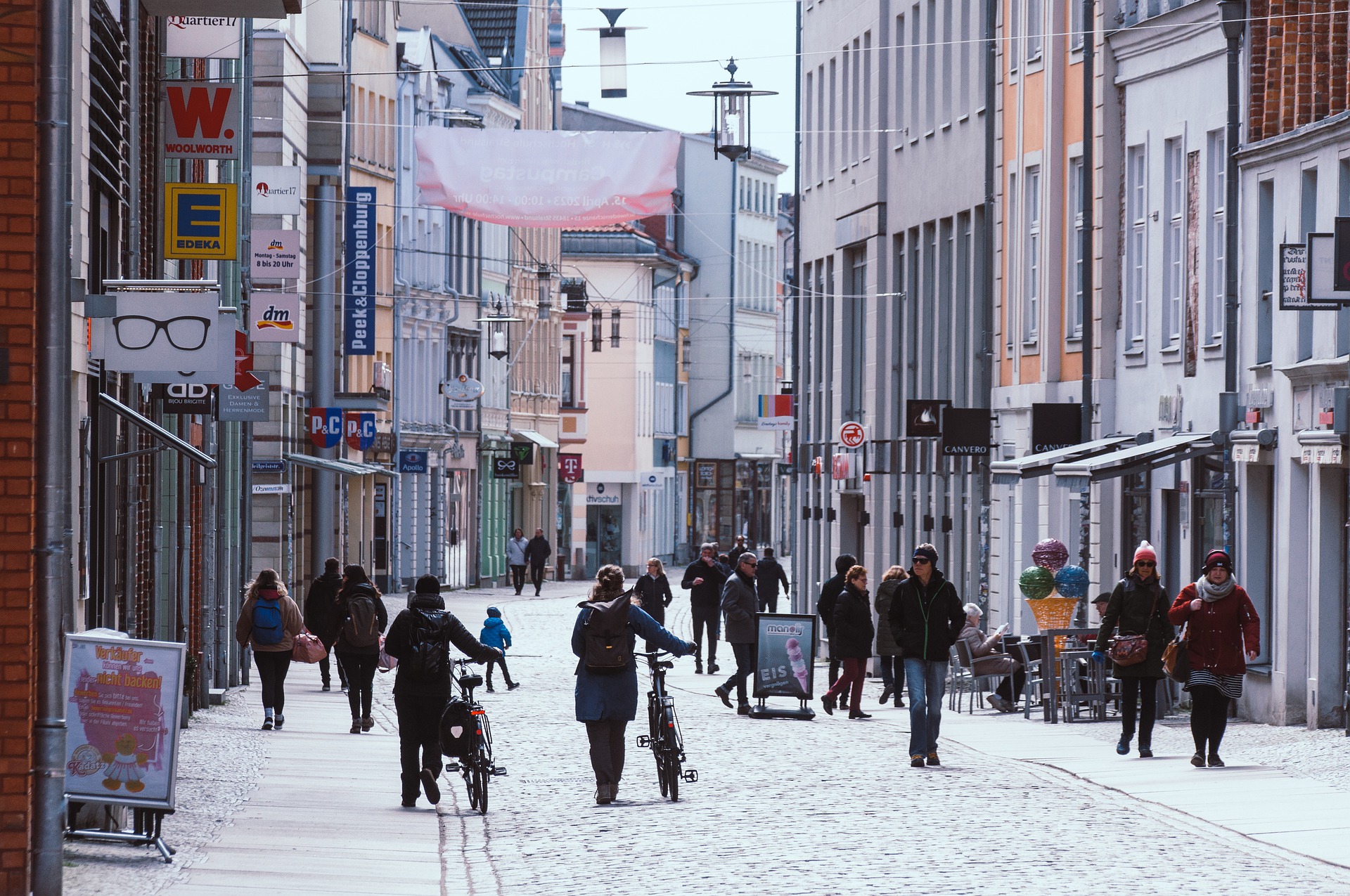Unmasking the Modern Tribe: The Rise of Urban Communes
In a world that is more connected than ever, people are seeking meaningful connections and deeper relationships. As we navigate the complexities of modern life, a new phenomenon is taking root in urban landscapes. Discover the resurgence of urban communes, a fresh trend that's redefining what it means to be a community. Read below to explore the evolution of this intriguing social movement.

The Backdrop: Communal Living through the Ages
Communal living is not a new concept. It has existed in various forms throughout human history, from hunter-gatherer societies to religious communities. In the 1960s and 70s, communes experienced a renaissance, driven by counterculture movements and the desire for a return to simpler, more communal ways of life. However, the modern urban commune is a different beast, shaped by the unique pressures and opportunities of the 21st century.
The Modern Tribe: Urban Communes in the Cityscape
Today’s urban communes are a far cry from the free-spirited, rural-based communes of the past. Set against the backdrop of bustling cityscapes, these communities are a response to the isolation and disconnection that can come with urban living. They are a combination of shared living spaces, collective ownership, and a commitment to shared values and goals.
The Social Relevance: Community in an Age of Isolation
In an era marked by increasing mobility, transient relationships, and digital communication, urban communes offer a reprieve. They provide a sense of community, a feeling of belonging, and the opportunity for deeper, more meaningful relationships. The communal lifestyle acts as an antidote to the social isolation and loneliness that are often symptomatic of urban life.
The Societal Shift: A Movement towards Collaboration
The rise of urban communes signifies a broader societal shift towards collaboration and shared resources. This movement reflects a growing disillusionment with consumer culture and individual ownership. It’s a trend that’s mirrored in the rise of the sharing economy and the popularity of coworking spaces, tool libraries, and other community-focused initiatives.
The Implications: Shaping the Future of Urban Living
Urban communes challenge traditional notions of home, family, and community. They offer a glimpse into a future where shared spaces and shared resources could become the norm. As this movement continues to evolve, it will undoubtedly shape the social, economic, and cultural fabric of our cities.
In conclusion, the resurgence of urban communes is a reflection of the changing dynamics of modern society. It’s a testament to the enduring human need for community, connection, and shared experience. As we move forward, it will be fascinating to see how this phenomenon continues to unfold and shape our urban landscapes.






